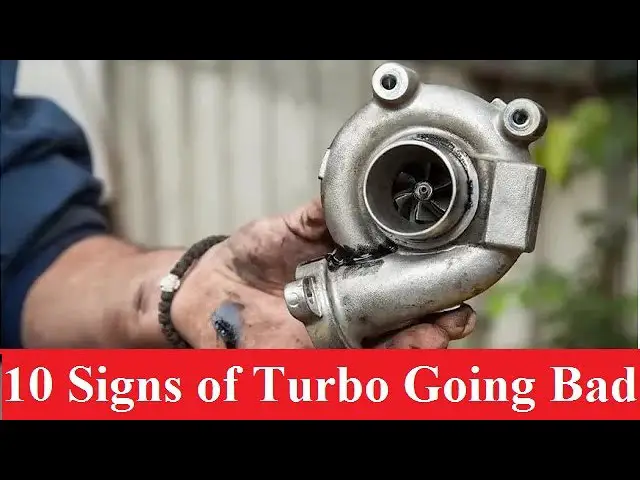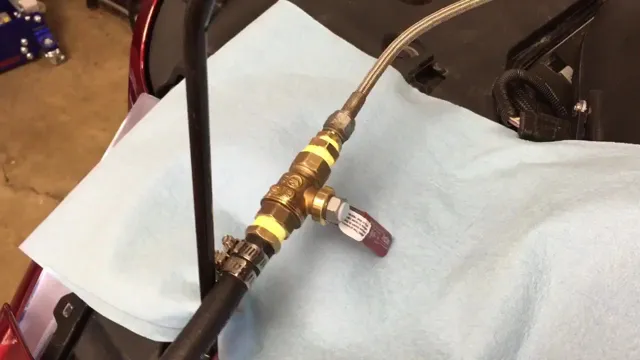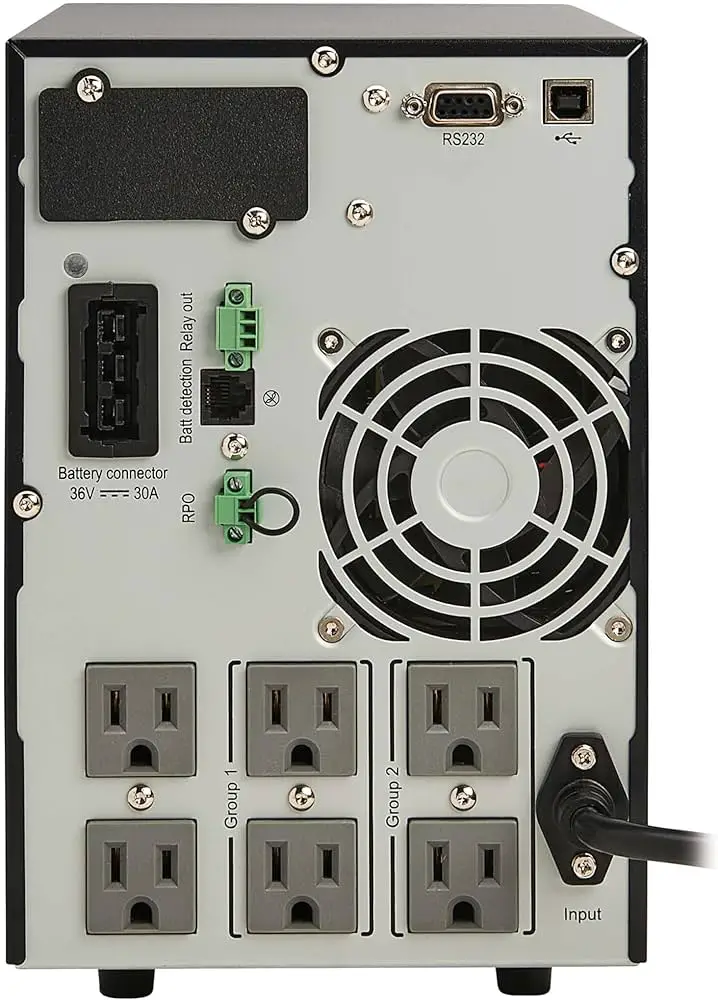How to Tell If a Turbo is Going Bad: Key Warning Signs
Are you worried that your car’s turbocharger might be failing? Turbocharger issues can lead to a range of problems, from loss of power to unusual noises. In this article, we will explore the common signs of a failing turbo and provide you with the necessary steps to identify and address the issue.
Symptoms of a Bad Turbocharger
When a turbocharger is going bad, it can exhibit several symptoms that indicate a potential problem. Here are the most common signs to watch out for:
| 1. | Loss of power |
| 2. | Slower, louder acceleration |
| 3. | Difficulty maintaining high speeds |
| 4. | Blue/grey smoke coming from the exhaust |
| 5. | Engine dashboard light is showing |
How to Diagnose Bad Turbo Symptoms
It’s essential to diagnose the symptoms of a failing turbocharger early to prevent further damage to your vehicle. Here are some steps to help you identify a bad turbo:
- Test the compressor wheel on your turbo
- Check the blades for excessive oil
- Inspect the wastegate’s operation
- Examine the diverter valve
- Inspect the hoses on your turbo
- Check the turbines
What Happens When a Turbo Goes Bad?
When a turbocharger fails, it can lead to a range of issues that affect your vehicle’s performance. Here are some common problems associated with a failing turbo:
- The car loses power and does not accelerate as quickly
- Your turbo emits a loud, whining noise
- The engine expels blue/grey smoke produced by an oil leak in the exhaust system

Credit: whatsupwoodbridge.com

Credit: www.youtube.com
Excessive Exhaust Smoke
If you notice excessive exhaust smoke coming from your vehicle, it’s a clear indication that your turbocharger may be failing. This symptom should prompt you to seek the assistance of a mechanic for further inspection.
Burning Oil
Oil leaking in the turbocharger is a sign of gradual failure. If you observe oil leakage, it’s important to address the issue promptly to prevent further damage to your vehicle.
Signs of a Failed Turbo
There are several warning signs that can help you determine if your turbocharger is failing. These signs include surging, oil leakage, and a significant decrease in boost pressure. Additionally, a change in sound will usually accompany these symptoms.
What Causes Turbo Failure?
Understanding the causes of turbocharger failure can help you take proactive measures to prevent potential issues. Factors that can lead to turbo failure include poor maintenance, oil leaks, and excessive exhaust smoke.
Frequently Asked Questions
What Are The Signs Of A Failing Turbo?
The signs of a failing turbo include loss of power, difficulty maintaining high speeds, slower and louder acceleration, blue/grey smoke from the exhaust, and a dashboard light indicating engine problems. Additionally, a bad turbo emits a loud whining noise, and there may be oil leaks in the exhaust system causing unique smoke and poor acceleration.
Testing the compressor wheel, blades, wastegate, diverter valve, hoses, and turbines can help diagnose bad turbo symptoms.
How Do You Test For A Bad Turbo?
To test for a bad turbo, check for loss of power, slower acceleration, blue smoke from exhaust, and engine dashboard light indicators.
What Does A Bad Turbo Sound Like?
A bad turbo can sound like a loud, whining noise similar to a dentist’s drill or a police siren.
What Happens When A Turbo Goes Bad?
When a turbo goes bad, you may experience loss of power, slower acceleration, and blue/grey smoke from the exhaust.
Conclusion
Recognizing the signs of a failing turbocharger is crucial for maintaining the performance and longevity of your vehicle. By staying alert to the symptoms and taking proactive steps to diagnose and address any issues, you can ensure that your turbocharger operates at its optimal level. If you suspect that your turbo is going bad, don’t hesitate to seek professional assistance to prevent further damage to your vehicle.







